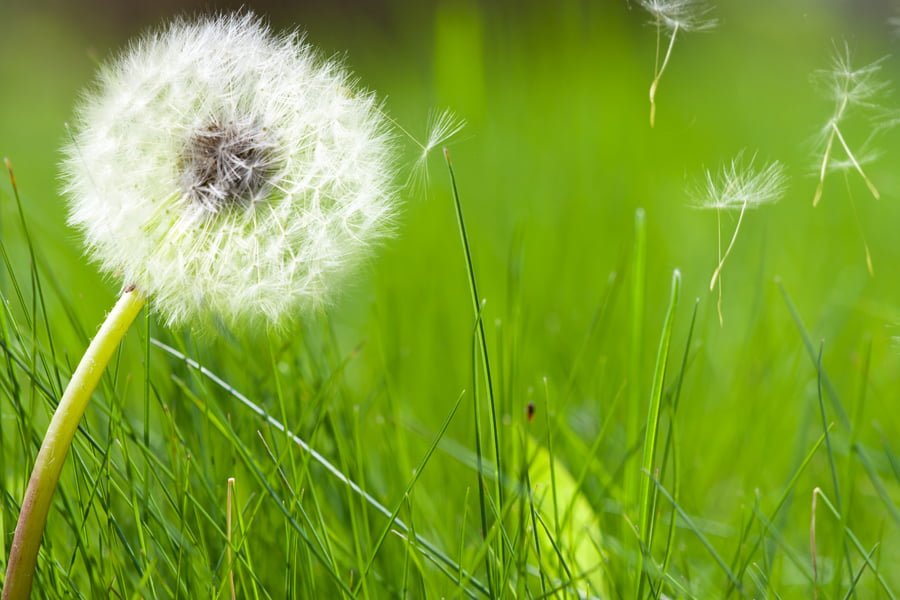
 It’s definitely not the most wonderful time of the year – and it just got longer. No, I’m not talking about winter. The groundhog promised us early spring this year, remember? I’m talking about the season that can get the best out of any of us, tearing up our eyes, irritating our skin and clogging our sinuses — allergy season.
It’s definitely not the most wonderful time of the year – and it just got longer. No, I’m not talking about winter. The groundhog promised us early spring this year, remember? I’m talking about the season that can get the best out of any of us, tearing up our eyes, irritating our skin and clogging our sinuses — allergy season.
On the heels of recent news reports that indicate that certain states, like North Dakota and Minnesota, may be grappling with ragweed misery for longer than ever before, I thought it important to remind you all that there are ways to cope with season change.
Here are some simple tips you can try at home:
1. Shower frequently Pollen has a way of getting everywhere: on your car, on your windows…and on your clothes and skin. So, without even being aware of it, you could be a carrier of the very thing that’s making you so miserable. By taking a (quick) shower after being outside, you can prevent spreading the pollen around your house.
2. Rinse out sinuses with a neti pot Some people claim to find relief from stuffy noses through nasal lavage — in other words, rinsing out the sinuses with a saline solution. Neti pots or specially designed bulb syringes can flush out mucus and irritants from your nose.
3. Experiment with “natural” remedies Let’s start with butterbur. Studies have shown that one tablet of butterbur four times daily was as effective as a commercialized antihistamine in eliminating symptoms of hay fever. Even better? Butterbur doesn’t cause drowsiness. Experts also swear by grape seed extract and quercetin (a flavanoid compound). Both occur naturally in many foods, especially red wine, but they’re even more effective when taken as a supplement, especially with vitamin C.
4. Eat spicy foods Spicy dishes can thin out mucous secretions and clear nasal passages. The spicier, the better, in fact. Plus it’s an excuse to try new recipes and experiment with tasty spices like cayenne pepper, hot ginger, fenugreek, onion and garlic.
5. Avoid other allergens This may seem like a no-brainer, but sometimes even the best of us can’t avoid the temptation of playing with a cat (even when the dander makes us sneeze) or eating ice cream (even when we’re lactose intolerant). But this season, more than any other, it’s important that you let your immune system save up its energy for the allergens you can’t escape, like pollen. Also, you might want to stay away from these foods, which can aggravate ragweed allergies: melon, banana, cucumber, sunflower seeds, chamomile, and herbal supplements containing echinacea.
6. Try acupuncture This ancient Chinese treatment is based on the idea that stimulating points on the outside of the body can cause reactions inside the body – in this case, the immune system to combat allergies. In small studies, over 50 percent or more of patients reported symptom relief after treatment.
7. Prevention, prevention, prevention I can’t stress this enough. If you know allergy season is coming, prepare accordingly. Shut your windows. Vacuum your floors. Stock up on your preferred (or doctor recommended) method of treatment. Allergy season is rough, I know. But as long as you stay on top of everything, you can make it through. And always, always check with your doctor before starting a new treatment regimen.
